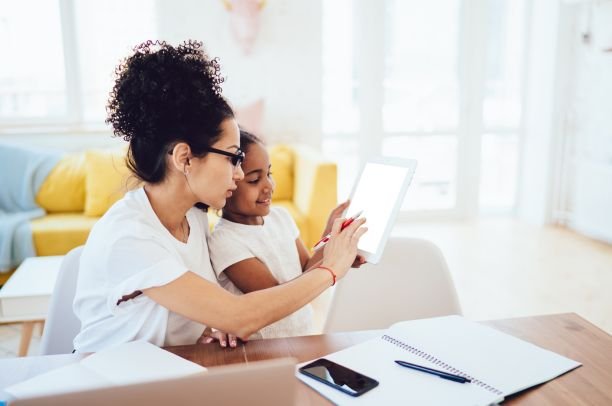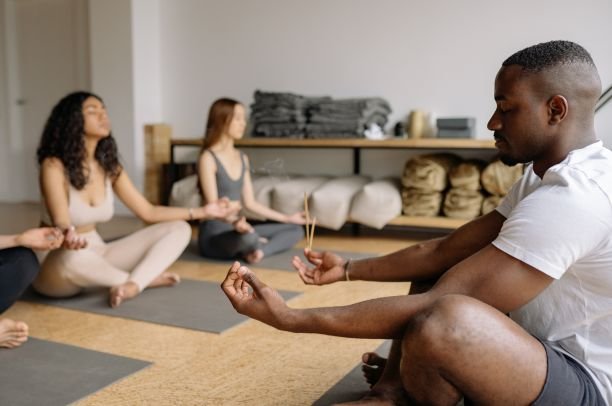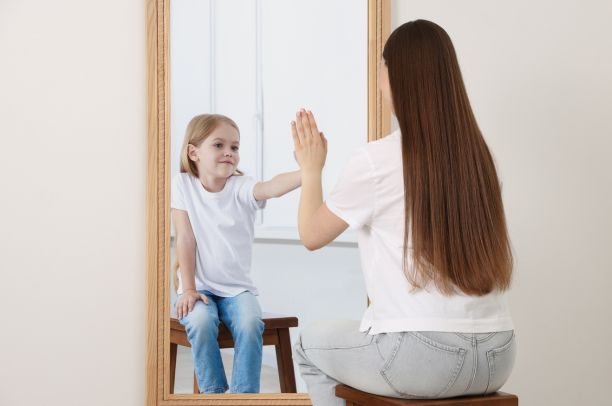Summary: Social media is a double-edged sword for today’s teens—it sparks creativity and connection, but it also disrupts sleep, fuels anxiety, and leaves many caught in a cycle of comparison and FOMO. Did you know that 75% of Indian teens get less than 7 hours of sleep on school nights, and nearly 40% of heavy social media users show moderate-to-severe anxiety? The good news: parents can make a real difference. Simple steps like tech-free family meals, switching off devices before bedtime, and encouraging offline hobbies help teens recharge and build resilience. Most importantly, keeping communication open and building trust ensures teens feel safe sharing their struggles. With the right guidance, social media can shift from a source of stress to a tool for growth and connection.
Today’s teenagers are growing up in a world where social media is everywhere. Platforms like Instagram, YouTube, and Snapchat are not just for fun—they also influence how teens think, feel, and see themselves. While social media can help them learn, connect, and express creativity, spending too much time online can harm their health and happiness.
Studies in India show that many teenagers are sleeping less because of late-night scrolling, and this affects their focus, mood, and performance in school. Experts have also found that too much social media use can increase stress, anxiety, and low self-esteem among young people.
The question is not whether teens should use social media. It’s how to use it wisely. In this blog, we will look at the problems that come with too much screen time and share practical tips for parents to help their teens live a more balanced life.
Cons of Social Media Use: Every Parent & Teen Should Know
Sleep Disruption and Academic Decline
Late-night scrolling and constant notifications are cutting into teens’ rest. Studies show that 75% of Grade 12 students in India sleep less than 7 hours on school nights, and 1 in 5 gets fewer than 5 hours—far below the healthy standard. This chronic sleep loss not only reduces focus, memory, and academic performance but also fuels a growing mental health crisis among Indian students, with rising cases of anxiety, stress, and burnout linked to poor sleep hygiene and digital overuse.
Anxiety, Depression & Mental Health Struggles
Excessive social media use is strongly linked to higher anxiety, depression, and low self-esteem among Indian adolescents. According to the Indian Journal of Psychiatry, 38% of teens who overuse social platforms show moderate-to-severe anxiety. Constant comparison with influencers and peers makes 65% of teens feel inadequate, highlighting the serious toll of social media’s impact on students’ well-being. This ongoing mental health burden not only affects emotional stability but also interferes with academic focus and everyday resilience.
Digital Addiction and Behavioral Issues
Up to 22% of Indian teens are at high risk for digital addiction, where the urge to check social media becomes compulsive and difficult to control. This dependency doesn’t just affect screen time. It rewires daily routines and emotional responses. Teens often experience irritability, mood swings, sleep disturbances, and reduced focus when they are away from their devices, which directly impacts their studies and family interactions.
Body Image Issues and FOMO (Fear of Missing Out)
Platforms like Instagram amplify insecurities. Research shows 32% of teen girls felt worse about their appearance after using Instagram, while 43% felt pressured to post content that made them look better. The impact of social media on young Indian’s mental health is particularly visible here, as constant exposure to idealized images fuels comparison and FOMO, often leading to emotional distress and lowered self-esteem.
Healthier Social Media Use for Teens – What Parents Can Do?
Designate Tech-Free Zones and Times
Keeping bedrooms and family meals free from devices helps teens disconnect and recharge. Bedrooms should be safe spaces for rest and reflection, not scrolling late at night. Family mealtimes without screens encourage conversation, strengthen bonds, and improve empathy, making them vital moments of connection.
Restrict Devices Before Bedtime
Screens emit blue light that interferes with melatonin production, delaying sleep and disrupting circadian rhythms. Adolescents already struggle with insufficient sleep, and bedtime scrolling worsens fatigue, irritability, and poor academic performance. Experts recommend switching off devices at least 30 minutes before bedtime for healthier rest.
Be Involved in Your Child’s Media Use
Showing interest in your teen’s online world builds trust and keeps communication open. Ask them about the apps they use, watch videos together, or let them teach you something digital—it makes them feel valued. This involvement also gives parents insight into potential risks like harmful content or online bullying.
Build a Trusting Relationship Around Technology
A guiding—not judging—approach helps teens feel safe coming to you if they face challenges online, like cyberbullying or aggressive content. When parents act as supportive mentors, adolescents are more likely to share uncomfortable experiences. This trust ensures they don’t deal with digital problems in silence.
Emphasize Responsible Social Media Use
Teach teens that empathy and respect apply online just as much as in real life. Encourage them to avoid posting comments they wouldn’t say face-to-face and to think critically before sharing. By modeling kindness and responsibility, parents can help teens use social media as a tool for connection rather than harm.
Offer Meaningful Alternatives to Social Media
Helping teens rely less on social media also means guiding them toward fulfilling offline activities. Encouraging habits like reading, exploring hobbies, meditating, or playing a sport can reduce boredom and build healthier routines. Parents can also create shared family experiences—such as board game nights, evening walks, or volunteering—that foster genuine connection. These meaningful alternatives remind teens that real-life interactions can be just as rewarding as time spent online.
Helping Teens Use Social Media Wisely
Raising teens in today’s digital world is about balance, not banning social media. While too much use can harm sleep, focus, and mental health, parents can guide their children by setting limits, staying involved, and offering healthier offline activities. Small steps like tech-free meals, open conversations, and building trust can make a big difference. With the right support, teens can learn to use social media in a way that is safe, positive, and balanced.
Is your teen spending too much time on social media, struggling with comparison, or finding it hard to disconnect? Mindspa India offers an Emotional Wellbeing Workshop for Teenagers in Pune designed to build digital resilience, boost confidence, and promote healthier habits both online and offline.
Call +91-93254 06967 today and help your teen find balance, self-worth, and peace of mind in the digital age.







